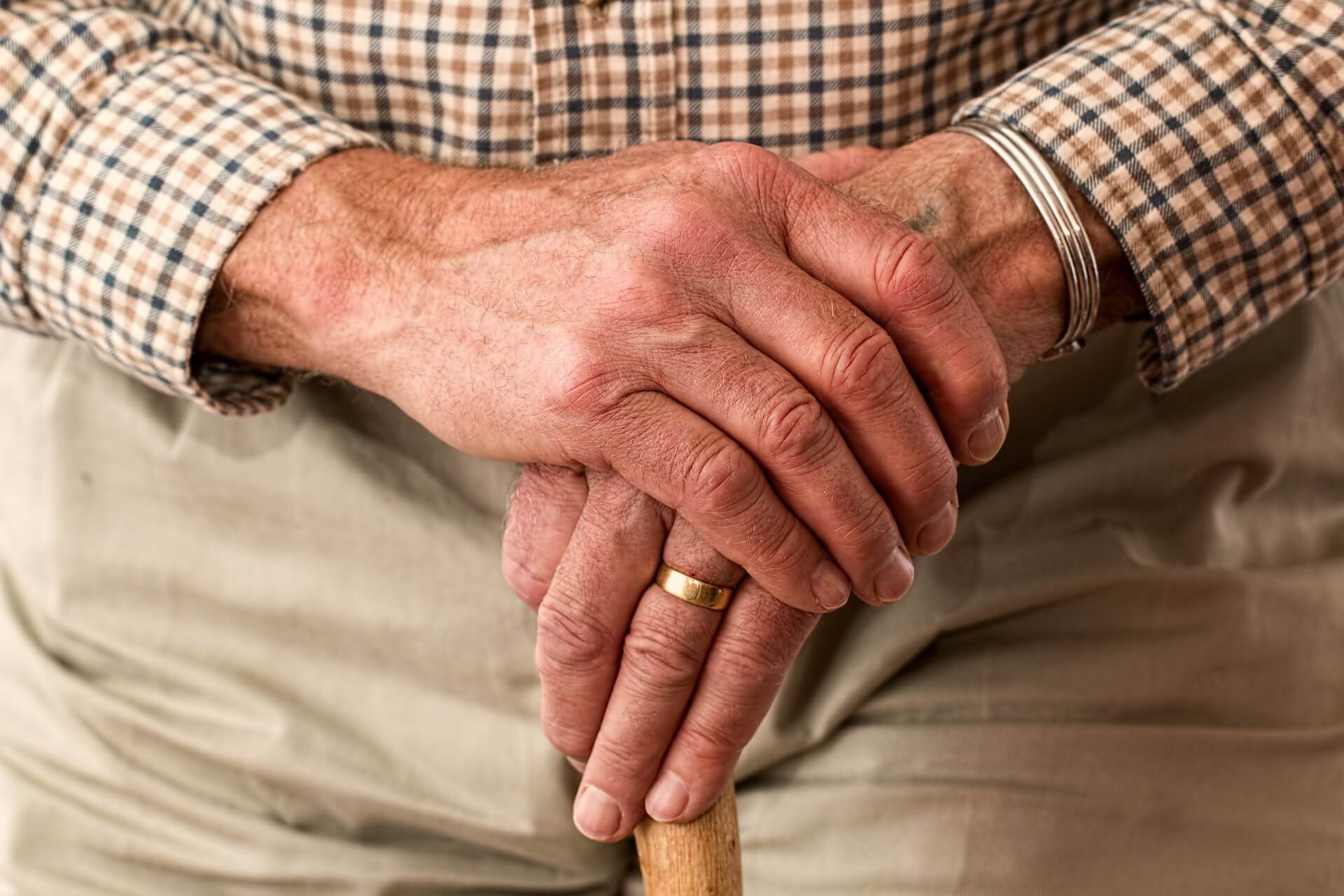Senior caregivers sometimes assist seniors who have decided to take advantage of a hospice service for their end-of-life care. Hospice services do provide a Certified Nursing Aide caregiver, when the senior qualifies (by needing additional assistance with bathing and care which a C.N.A. has been trained to provide). However, as the hospice C.N.A. only visits the senior for the approved hospice service period (usually a few times a week, up to daily, as needed, an additional private duty caregiver is often hired to assist.
Medicare does pay for hospice care services and a anyone who has been given 2 years or less to live can begin hospice care, although most people do not begin until they have 6 months or less to live.
Not all caregivers are able to adequately provide for hospice care and many times the end cannot be adequately predicted.
Some people leave the hospital to begin hospice care and pass away the next day and others live for 2 years or more.
How do you know if you will be able to care for a hospice patient?
- Learn about hospice care by attending a training course through a local hospice agency
- Understand the emotional, as well as the physical challenges the patient is experiencing
- Discuss the specific care needs with the Care Manager before you begin the assignment
- Realize you are making the patient’s last days easier by assisting them with their care
If for any reason you are not interested in caring for a hospice patient, just say so – this type of caregiving is not appropraite for everyone. It is sometimes very fulfilling to care for a hospice patient if you have experienced a loss of someone close to you but at the same time, some caregivers do not want to be reminded of the loss they experienced. Because of this, many caregivers prefer to do hospice caregiving ongoing, while others prefer to not provide this type of care.







